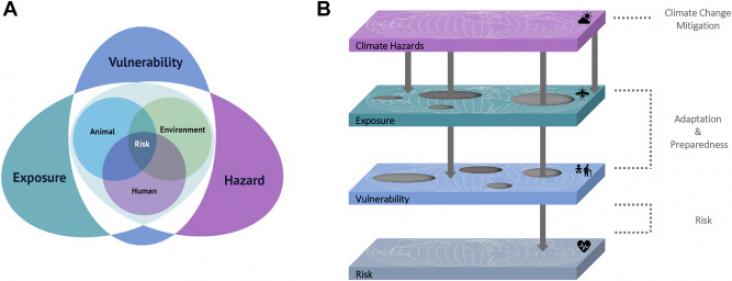UN's Summit of the Future 2024: Paving the Path for SDG Resources
In China, renewable energy technological innovation (RETI) is the core pathway to addressing climate change and achieving carbon neutrality. Using the dataset from 30 provinces in China during 2007–2018, this paper provides a detailed analysis of the moderating role of Intellectual Property Rights protection in RETI's impact on carbon emissions. A deeper understanding of the impact of intellectual property rights (IPR) protection on the carbon reduction effect of RETI can provide policymakers with more specific information to support SDG 7 and 13.

This health policy supports SDG 13 as it proposes a framework to tackle the emergence, transmission, and dispersion of climate-induced disease infectious disease
Climate change is driving the need for cool spaces, which currently relies largely on mechanical air conditioning that consumes power and contributes to emissions. This article examines how to create a passive cooling system with good ventilation using no mechanical equipment, achieving sub-ambient temperature cooling that could be extended to larger homes and structures. As such, it supports SDGs 3 (ensuring access to cool livable spaces), SDG 9 (more sustainable infrastructure to cool homes), and SDG 13 (reducing the need for traditional air conditioning).
This article advances SDG # 3, 4, 8, 10 and 13 by compiling evidence showing that climate change and its various consequences can adversely affect brain development in the fetal through the early childhood stages. Long-term consequences on health, education and economies are significant. T
This article advances SDG # 13 by identifying political economy "enabling conditions" of climate action and recommends a framework for assessing and measuring progress.
This article advances SDG # 13 through its Visual Earth (art feature) depicting the need to act now on Climate Change.
This article advances SDG # 13 by arguing that flaws with carbon offsets, such as exaggerated climate benefits, emission avoidance rather than carbon removal, non-durable carbon storage, greenwashing, and double-counting, ultimately make the current system incompatible with the Paris Agreement.
The data in this study highlights how important it is for future mental health policy and practice to incorporate support for those experiencing climate-related emotional distress and its mental health impacts.
This Comment supports SDGs 3 and 13 by highlighting the negative health impacts of climate change around the world and in Europe, and noting that populations most impacted by climate change tend to be the least responsible for contributing to it. The authors note that, like in the Global South, the most disadvantaged communities in Europe bear disproportionate burdens of negative health impacts of climate change, but that addressing this inequity is not currently an explicit goal of EU policies.
